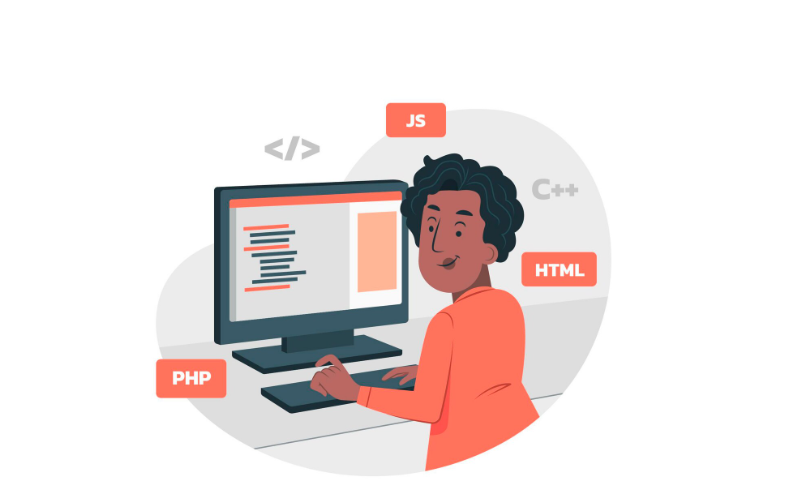Product Designer Salary in Nigeria (2026 Details)
Product design has become one of the most sought-after creative and technical careers in the tech ecosystem. In 2026, companies no longer build digital products (web and mobile apps) without thinking about how users feel, interact, and accomplish tasks, and that’s where Product Designers step in. In markets like Nigeria, where fintech, e-commerce, healthtech, and SaaS products are growing rapidly, Product Designers play a central role in shaping experiences users love. But one of the most common questions aspiring designers ask is: How much do Product Designers earn in Nigeria in 2026? This guide breaks down salary expectations for freshers, mid-level professionals, seniors, and remote/freelance roles — all in Nigerian Naira — and explains the skills and factors that affect pay. What Is a Product Designer? A Product Designer focuses on making digital products intuitive, useful, and beautiful. The role blends: Product Designers often lead design work from research and wireframes to prototypes and final UI, and collaborate with product managers, developers, and stakeholders. Product Designer Salary in Nigeria (2026) Product Designer salaries in Nigeria vary based on experience, company size, industry, and whether you work locally or remotely. Entry-Level / Junior Product Designer Who this includes: Salary Range (2026): Junior designers in Lagos, Abuja or other tech hubs typically start here. Strong portfolios (even personal or volunteer projects) can push offers toward the top of this range. Mid-Level Product Designer Who this includes: Salary Range (2026): Mid-level designers contribute meaningfully to product strategy, build usable interfaces, and often own parts of the design process end to end. Senior Product Designer Who this includes: Salary Range (2026): Senior designers often shape product direction, design systems, and play a key role in decision-making. They are expected to balance user needs with business goals. Remote & Freelance Product Designer Earnings Many Nigerian designers work with international companies or freelance via platforms like Upwork, Toptal, and RemoteOK: Remote and freelance opportunities significantly increase earning potential beyond local salary ranges. What Affects Product Designer Salaries in Nigeria Here are key factors that determine pay: 1. Experience More years and proven track record = higher salary. 2. Portfolio Quality A strong portfolio often matters more than formal degrees. 3. Skill Set Skills like user research, prototyping, design systems, and UX strategy boost earning potential. 4. Tools Mastery Figma, Adobe XD, Sketch, and prototyping tools (Framer, ProtoPie) are expected skills. 5. Industry Fintech, e-commerce, healthtech, and SaaS companies in Nigeria tend to pay more than traditional sectors. 6. Remote Work International and remote roles often pay higher rates (in foreign currency) than local companies. Skills That Increase Product Designer Salary To earn toward the higher end of the range, focus on: Product Designers who help solve real user problems — not just make interfaces look good — are in highest demand. Career Growth Path for Product Designers Typical career progression: Experienced designers often move into leadership, product strategy, design consultancy, or founding their own agencies. Common Job Titles You’ll See in Nigeria Job Title Experience Focus Junior Product Designer 0–1 year Assisting design tasks; building UI Product Designer 1–3 years End-to-end design work Mid-Level Designer 3–5 years Complex flows, research Senior Product Designer 5+ years Strategy & leadership Lead / Head of Design 7+ years Team and design direction How to Increase Your Product Designer Salary Here’s how to grow your pay over time: Continuous learning and real product experience often matter more than certificates. Is Product Design a Good Career in Nigeria? Yes — product design has become one of the most promising careers in 2026 in Nigeria. With the rise of digital products across industries, designers are increasingly valued for their ability to shape experiences that drive user engagement, retention, and business growth. Benefits include: Designers with a strong portfolio and practical experience can earn well beyond local averages by working with international clients or leading product teams. Conclusion In 2026, Product Designer salaries in Nigeria typically fall within these ranges: With strong design skills, real experience, and a solid portfolio, product design can be a rewarding, future-proof career path in Nigeria and across global markets. FAQ: Product Designer Salary in Nigeria (2026) 1. How much do junior product designers earn in Nigeria? ₦180,000 – ₦350,000 per month. 2. What’s the salary range for senior product designers? ₦1,200,000 – ₦2,500,000+ per month depending on experience and company. 3. Can Nigerian designers work remotely and earn more? Yes — many Nigerian designers earn ₦800,000 – ₦3,000,000+ per month working with international clients. 4. Does a degree matter for product designers? Not as much as a strong portfolio and practical skills. 5. Which industries pay the best for product designers in Nigeria? Fintech, e-commerce, SaaS, healthtech, and large tech startups tend to offer the highest pay.










